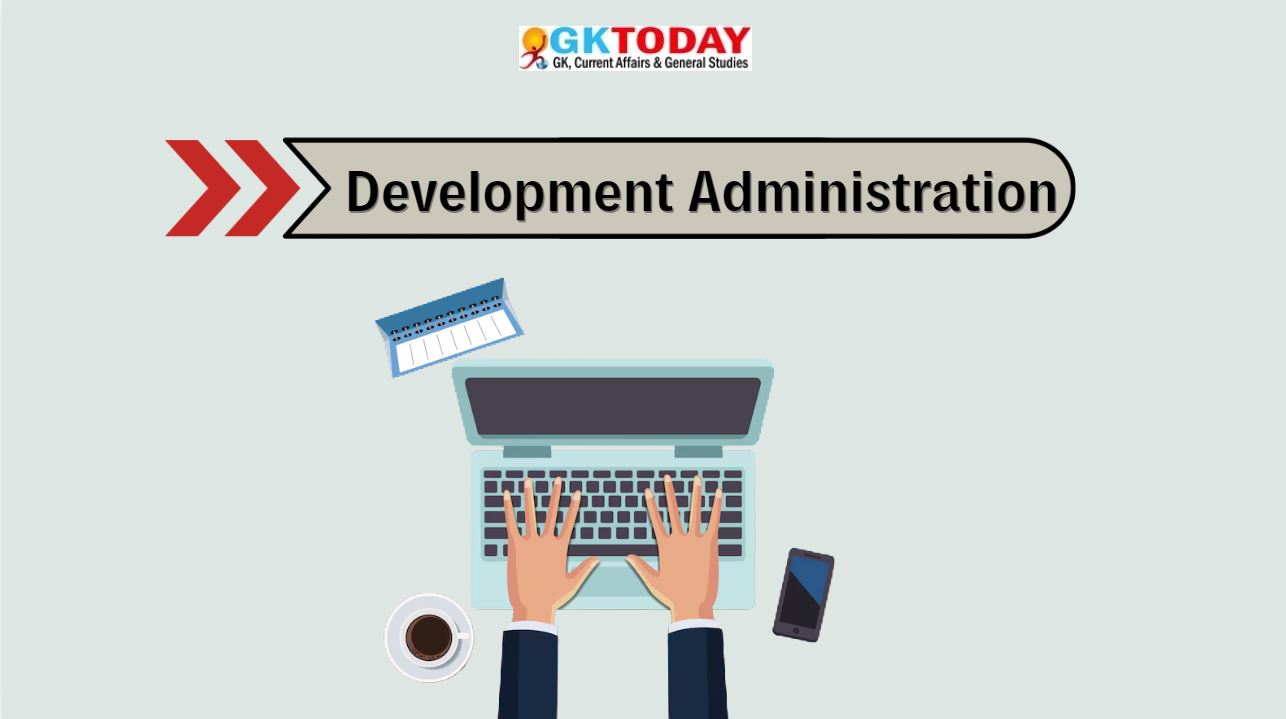Development Administration – UGC-NTA NET Political Science
Development Administration encompasses the strategies, policies, and practices aimed at promoting economic and social growth within a nation. It involves the planning, execution, and assessment of various development initiatives. This field has evolved since its inception, influenced by historical changes and theoretical frameworks.
Historical Context
Development Administration gained prominence after World War II. The decolonisation process led to the emergence of new nations. These states faced the challenge of nation-building. Modernisation theory emerged during this time, suggesting that societies evolve through similar developmental stages.
Key Concepts
- Modernisation: This concept focuses on the shift from traditional to modern societies. It marks industrialisation, urbanisation, and education as crucial factors.
- Participatory Development: This approach involves local communities in decision-making. It ensures that development initiatives address the specific needs of these communities.
- Sustainable Development: This principle seeks to balance economic growth with environmental protection and social equity.
Theoretical Frameworks
Development Administration is guided by several theoretical frameworks:
- Rostow’s Stages of Economic Growth: This model outlines five stages –
- Traditional Society
- Preconditions for Take-off
- Take-off
- Drive to Maturity
- Age of High Mass Consumption
- Dependency Theory: This theory critiques the modernisation perspective. It argues that underdevelopment stems from exploitative relationships between developed and developing nations.
- Post-Development Theory: This challenges the conventional notion of development. It promotes local solutions and cultural sensitivity over imposed frameworks.
Objectives of Development Administration
The primary objectives include:
- Economic growth and poverty alleviation.
- Social equity and justice.
- Human resource development and capacity building.
- Infrastructure development and effective service delivery.
Functions of Development Administration
Development Administration consists of several key functions:
- Policy Formulation: This involves creating strategic frameworks for development initiatives.
- Program Implementation: Focuses on executing various development projects and programs.
- Monitoring and Evaluation: This assesses the effectiveness and impact of development efforts.
Approaches to Development Administration
There are different approaches to Development Administration:
- Top-Down Approach: This method involves centralised decision-making. It often faces criticism for lacking local input.
- Bottom-Up Approach: This emphasises grassroots participation and local governance.
- Integrated Development: This approach coordinates various sectors such as health, education, and agriculture for holistic growth.
Challenges in Development Administration
Development Administration faces numerous challenges:
- Bureaucratic inefficiency and corruption hinder progress.
- A lack of resources and funding limits the execution of initiatives.
- Political instability and conflict disrupt development efforts.
- Cultural resistance to change can obstruct new policies.
Role of International Organizations
International organisations play role in Development Administration:
- United Nations Development Programme (UNDP): This organisation focuses on poverty reduction, sustainable development, and governance.
- World Bank: It provides financial and technical assistance for various development projects.
- International Monetary Fund (IMF): The IMF offers financial support and policy advice to stabilise economies.
Case Studies
Several case studies illustrate the principles of Development Administration:
- India’s Green Revolution: This initiative transformed agriculture through technology and policy interventions, increasing food production.
- Bangladesh’s Microfinance Model: This model empowers the poor by providing access to small loans and financial services, enhancing their economic status.
- Rwanda’s Post-Genocide Recovery: This case focuses on reconciliation, economic growth, and social cohesion, demonstrating effective governance in rebuilding a nation.
Key Scholars and Contributions
Several scholars have made contributions to Development Administration:
- W.W. Rostow: Known for his stages of economic growth, he provided a framework for understanding development progress.
- Amartya Sen: His concept of development as freedom emphasises the importance of individual capabilities and opportunities.
- David Easton: He introduced systems theory to public administration, providing a structured approach to understanding political systems.
Current Trends
Development Administration is evolving with current trends:
- There is a growing emphasis on digital governance and e-governance, utilising technology for better service delivery.
- Climate change and environmental sustainability have become central to development policies.
- The role of non-state actors and NGOs is increasing in the development process, encouraging community engagement.




